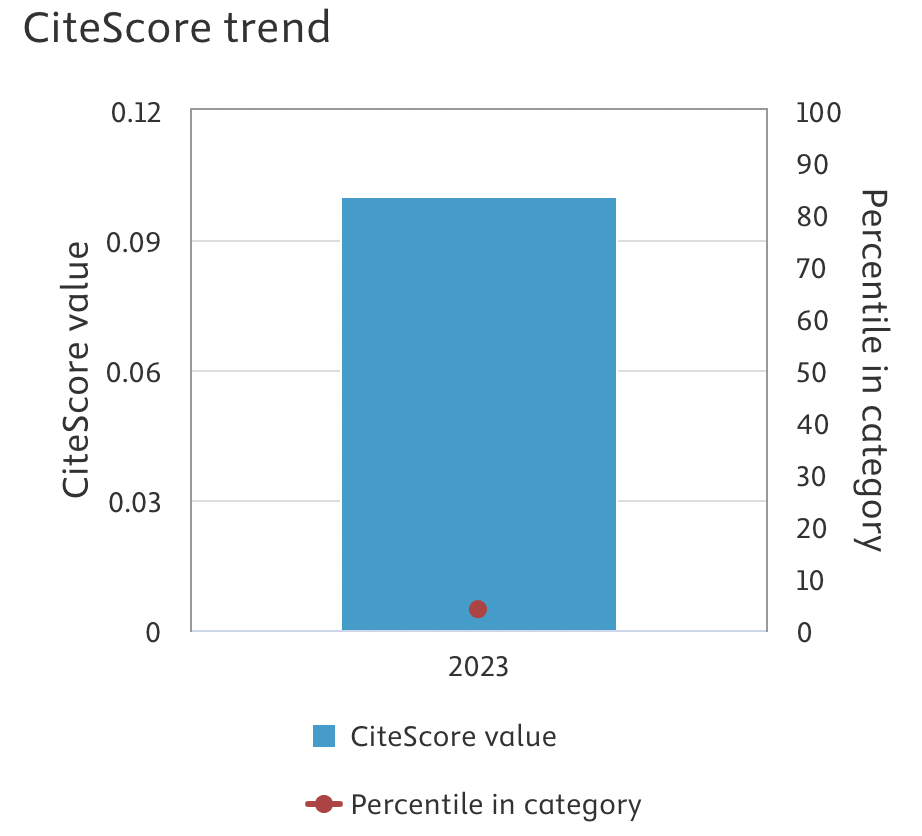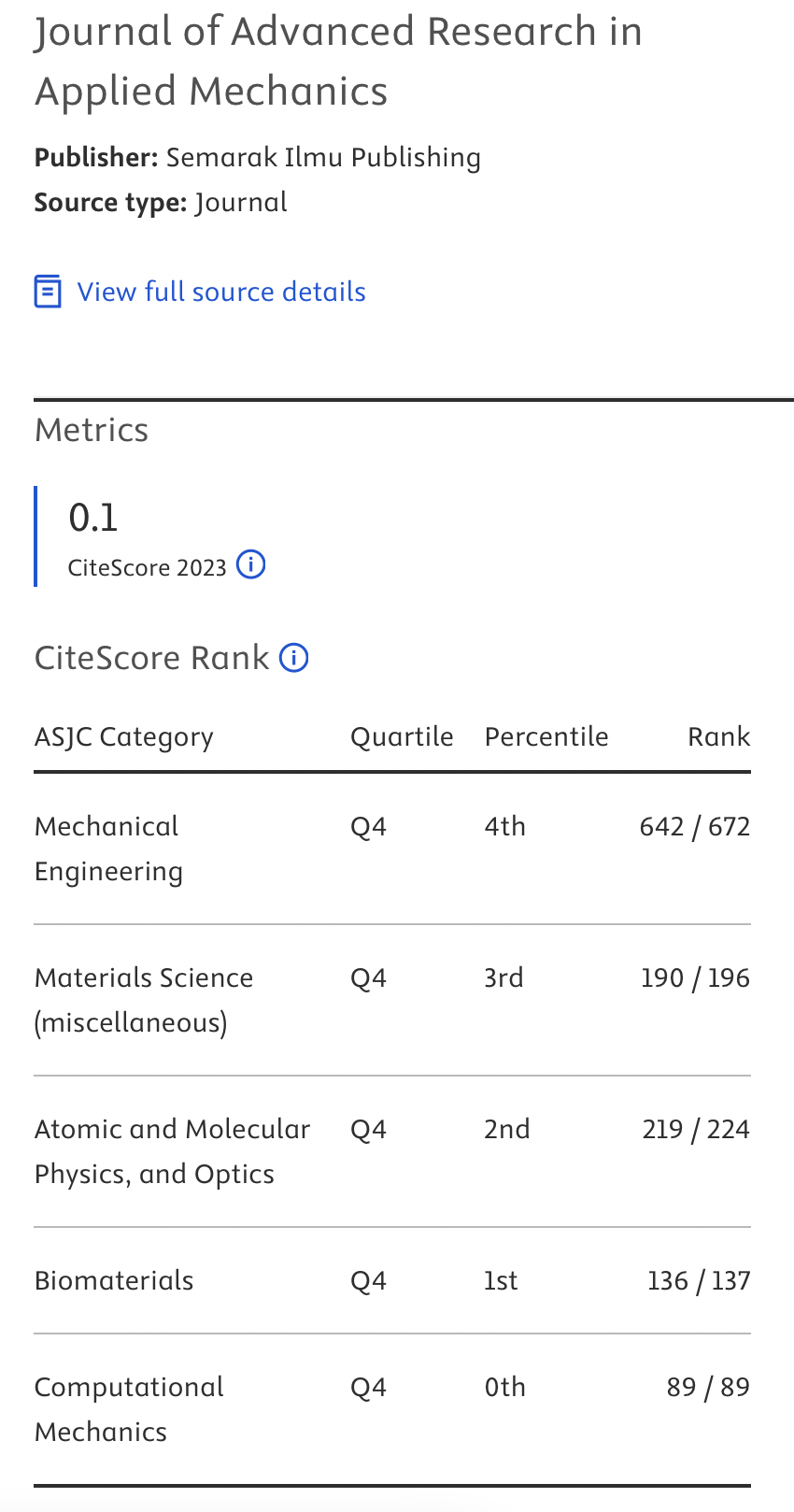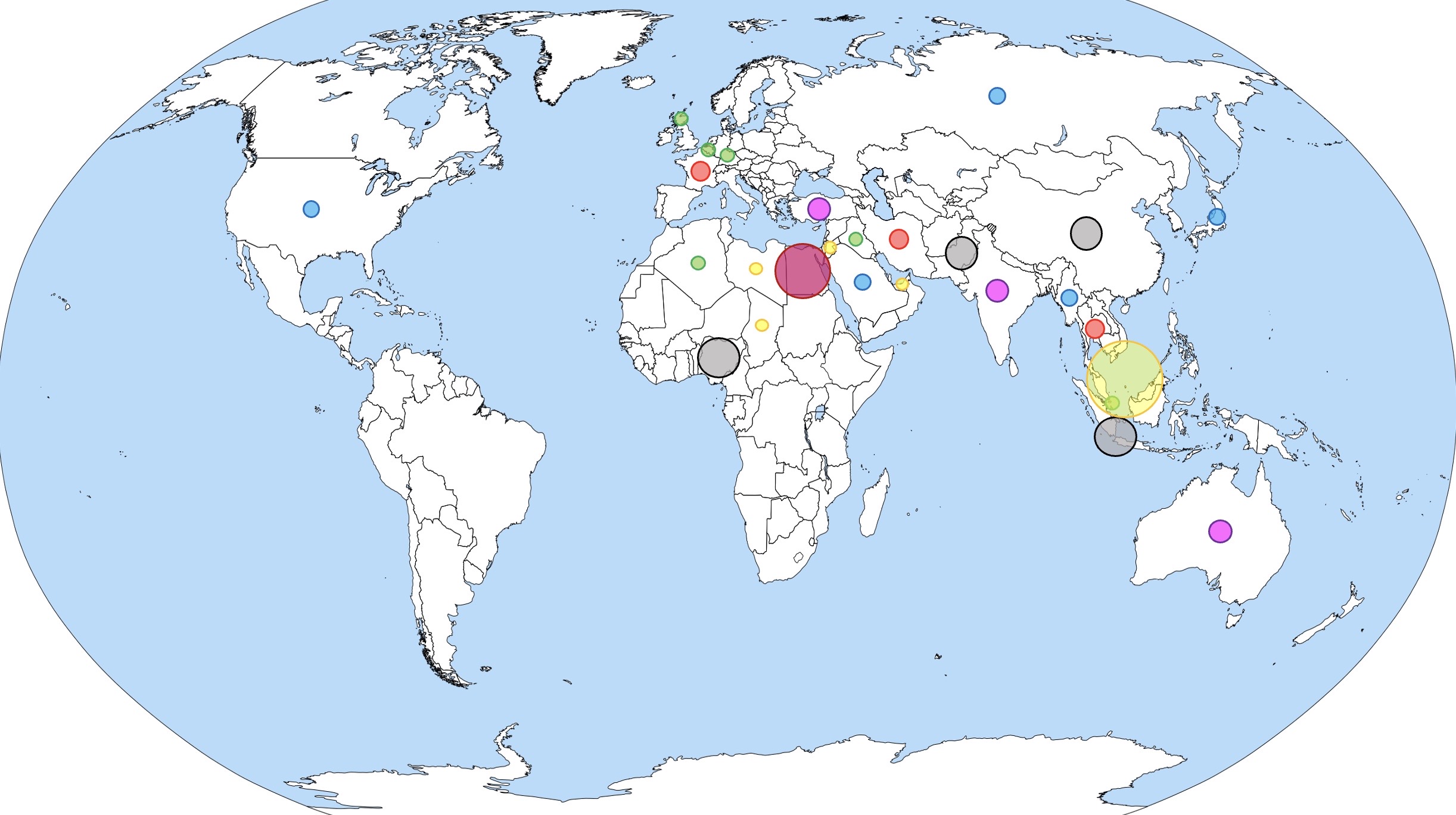Modeling and Prediction of The Mechanical Properties of Feedstock by Cooling-Slope Casting Process using MOJaya Algorithm
DOI:
https://doi.org/10.37934/aram.121.1.1326Keywords:
Cooling-slope casting process, regression model, MOJaya algorithmAbstract
Cooling-slope (CS) casting parameters optimization is very challenging due to the uncertainties of parameter values that are influenced by many factors. Therefore, a combination of estimation and optimization models that can solve multi-objective problems using limited data is proposed to reduce the real casting operational cost and time. In casting optimization, modeling and optimization of CS parameters have been considered to identify optimal CS parameters that would lead to better feedstock performance. Computational techniques have been suggested by previous researchers to solve the optimization in the manufacturing process. The study assessed the CS process to determine the feedstock's quality by evaluating its mechanical qualities, namely Tensile strength and Impact strength. Hence, computational methods namely the MOJaya algorithm are utilized to model and optimize the parameters of CS to address the CS problem and forecast the performance of the feedstock. This work conducted a thorough analysis of the impact of CS process parameters on the tensile strength and impact strength using an experimental design. The experiment was conducted using a three-level full factorial design (FFD) of the experiment (DOE), for the parameters of pouring temperature, slanting angle, and pouring distance. The modeling technique involved the development of multiple polynomial regression (MPR) as an objective function in the MOJaya Algorithm. The outcome of the optimization procedure revealed that the optimal solutions obtained from MOJaya were projected to surpass both the initial experimental data and the MOJaya algorithm in terms of the highest values of tensile strength and impact strength. The difference between the two sets of values is 10.92% and 15.76%, respectively. Subsequently, this technique may be employed by a caster to forecast the performance of the feedstock without using repeated experiments that are costly and time-consuming.
Downloads



























